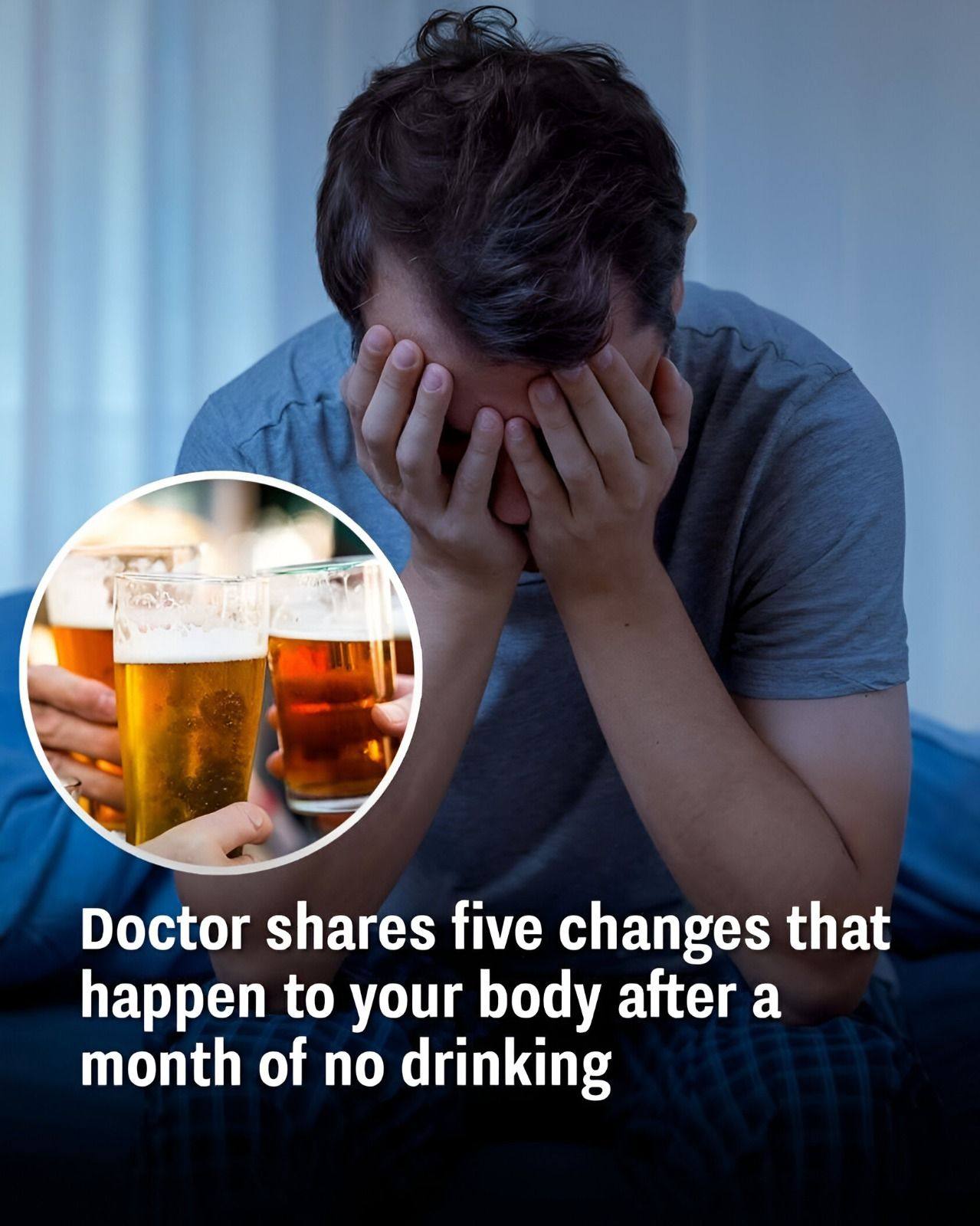
4 Surprising Side Effects You May Experience When You Quit Alcohol
Most people know that giving up alcohol can lead to a wide range of health benefits, such as clearer skin, improved sleep, and better overall energy. But for many, especially those with Alcohol Use Disorder (AUD), quitting alcohol can come with surprising and sometimes challenging side effects. Long-term, heavy drinking deeply alters brain chemistry and body systems, and removing alcohol forces the body to adjust in ways that can be both physically and emotionally demanding.
One of the most immediate and serious challenges is withdrawal. After long-term drinking, the central nervous system becomes accustomed to the depressant effects of alcohol. When alcohol is suddenly removed, the brain and nerves become overstimulated, leading to a range of withdrawal symptoms.
2. Unexpected Digestive Issues
Though many people associate quitting alcohol with better digestion, it’s common to initially experience digestive upset. Chronic alcohol use damages the protective lining of the gut and disrupts the delicate balance of gut bacteria, often leading to inflammation and poor nutrient absorption. When you stop drinking, your body begins to heal, but during this transition, you may feel bloated, constipated, or experience nausea.
As weeks go by and your microbiome stabilizes, most people notice significant improvements in digestion and a healthier gut environment. Better nutrient absorption and reduced inflammation contribute to increased energy levels and overall well-being in the long term.
3. Emotional Turbulence and Mood Swings
Many who quit drinking experience unexpected emotional side effects, driven largely by hormonal and neurotransmitter imbalances. Alcohol depresses the nervous system, and in its absence, mood-regulating chemicals like dopamine and serotonin can become temporarily unbalanced.
It’s common to feel moody, anxious, or even depressed during the early stages of sobriety. Some report extreme mood swings or episodes of intense irritability. Sleep disturbances often add to these feelings, creating a cycle of emotional ups and downs. With time, as the brain chemistry adjusts, these symptoms typically lessen, and emotional stability improves.
4. Hormonal and Metabolic Shifts
Alcohol affects hormone levels, including stress hormones like cortisol and sex hormones like estrogen and testosterone. When you stop drinking, the body starts to recalibrate. This can manifest as unexpected fatigue, changes in appetite, changes in body temperature regulation, and even shifts in sexual function.
For example, some may initially gain weight as the metabolism readjusts, while others might lose weight quickly due to changes in diet and improved liver function. Over time, these hormonal shifts often lead to healthier weight regulation and improved metabolic health.
Medical Support and Long-Term Recovery
Given these side effects, medical supervision is essential—especially for people who have been drinking heavily or daily for long periods. Medications such as benzodiazepines can help manage severe withdrawal, while anticonvulsants and thiamine (vitamin B1) are used to prevent complications like seizures or Wernicke’s encephalopathy, a serious neurological disorder caused by vitamin deficiency.
Long-term success often depends on addressing the psychological aspects of alcohol dependence. Cognitive-Behavioral Therapy (CBT) and other forms of counseling help people understand and manage their drinking triggers, build healthier coping mechanisms, and create a strong support system for sustained recovery.
Quitting alcohol is a brave and transformative decision that requires planning, patience, and support. While the side effects may seem daunting, they are often temporary—and the long-term health rewards are significant and life-changing.
Disclaimer: This article is for informational purposes only and is not a substitute for professional medical advice. Always consult with a healthcare provider before making changes to your alcohol use.


